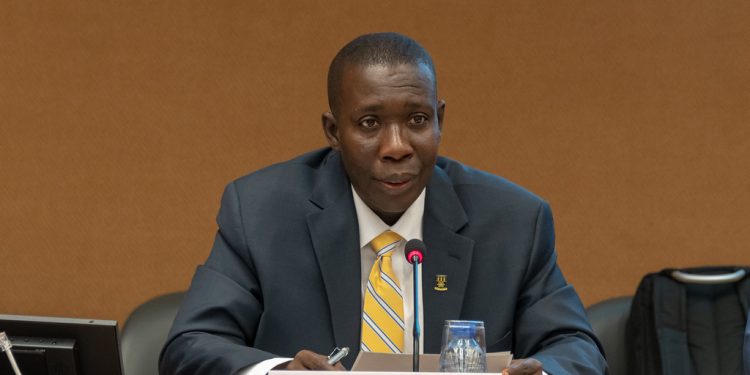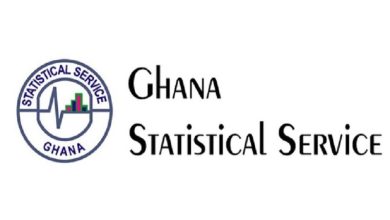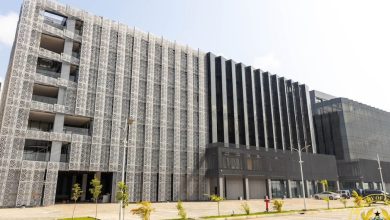Frequent cedi swings hurting economy — Prof. Baah-Boateng warns Bank of Ghana

Economist Professor William Baah-Boateng has called on the Bank of Ghana (BoG) to prioritise the stability of the cedi to safeguard the economy from the adverse effects of frequent currency fluctuations.
Speaking on the Citi Breakfast Show on Monday, October 20, Prof. Baah-Boateng said maintaining a stable exchange rate would help businesses plan effectively, adding that both appreciation and depreciation of the cedi could harm the economy.
“Stability is the best. Appreciating and depreciating are not the best. I’m concerned about the recent one. We were at GHC12 and straight away we’re moving into the GHC10, when you calculate the percentage, it will go around 20% and it will hurt some aspect of the economy and benefit some aspect of the economy. But when you put them in totality, you will see that the economy will not benefit,” he said.
He explained that the recent appreciation of the cedi could reduce government revenue and negatively affect export margins, particularly in the cocoa sector.
“Now that it [cedi] has moved from GHC12 to GH10, expect that government revenue will take a hit. It will reduce the margin of export of cocoa. The appreciation will erode almost everything, and farmers will not benefit as they would,” he cautioned.
Prof. Baah-Boateng further urged the BoG to prevent sharp swings in the value of the currency.
“I’m expecting that the Central Bank will not allow the cedi to go up and come down. When we got around GHC10.5, we shouldn’t have allowed it to depreciate to GHC12.5 and now come back to GHC10.5; that kind of difference is too big,” he said.
His remarks come amid recent concerns by University of Ghana economist Professor Godfred Bokpin, who warned that Ghana’s increasing focus on the cedi’s exchange rate could undermine broader economic stability.










